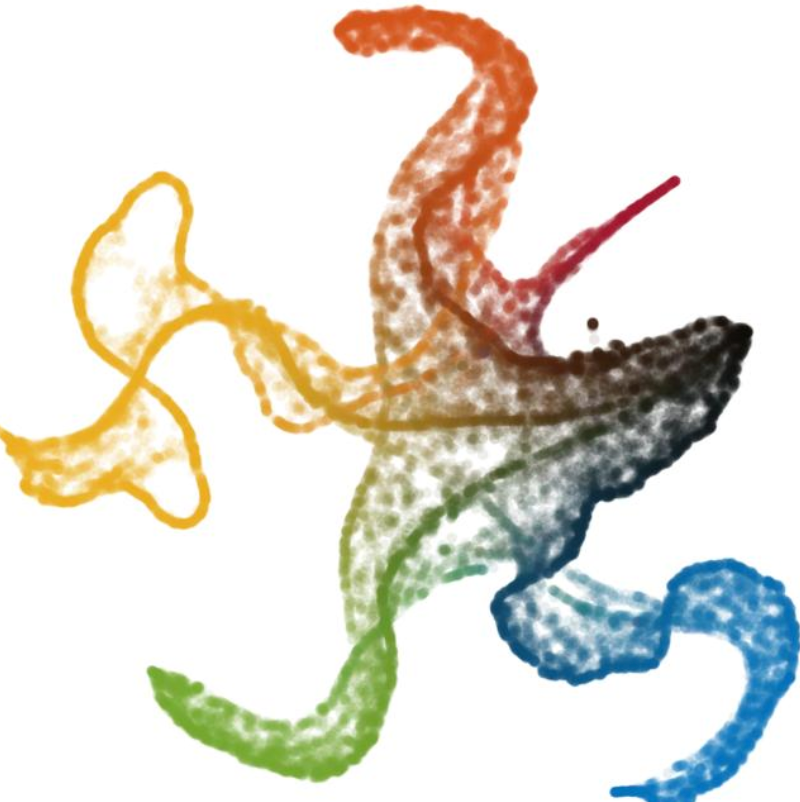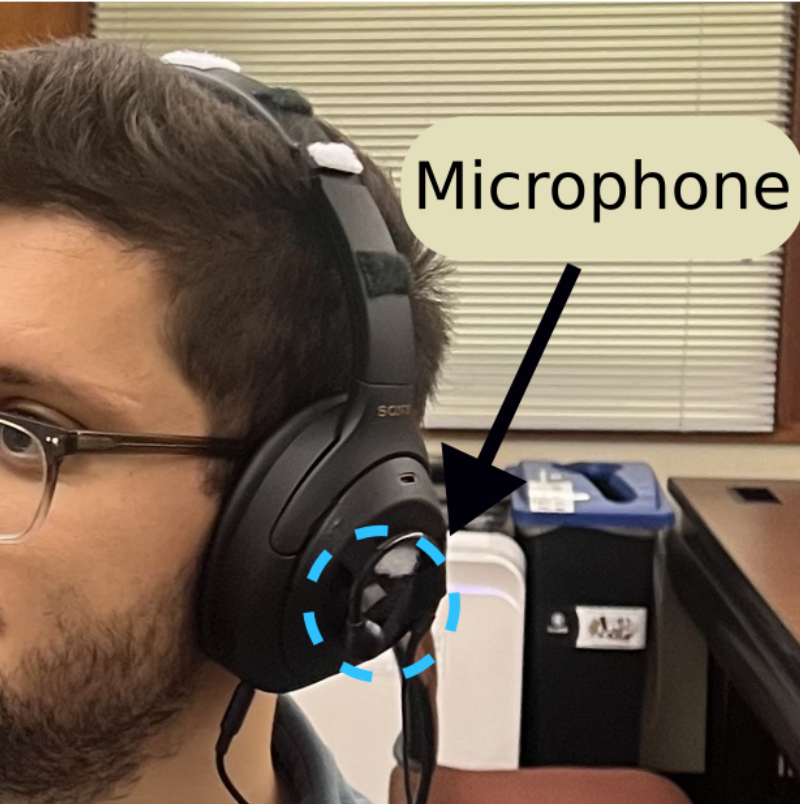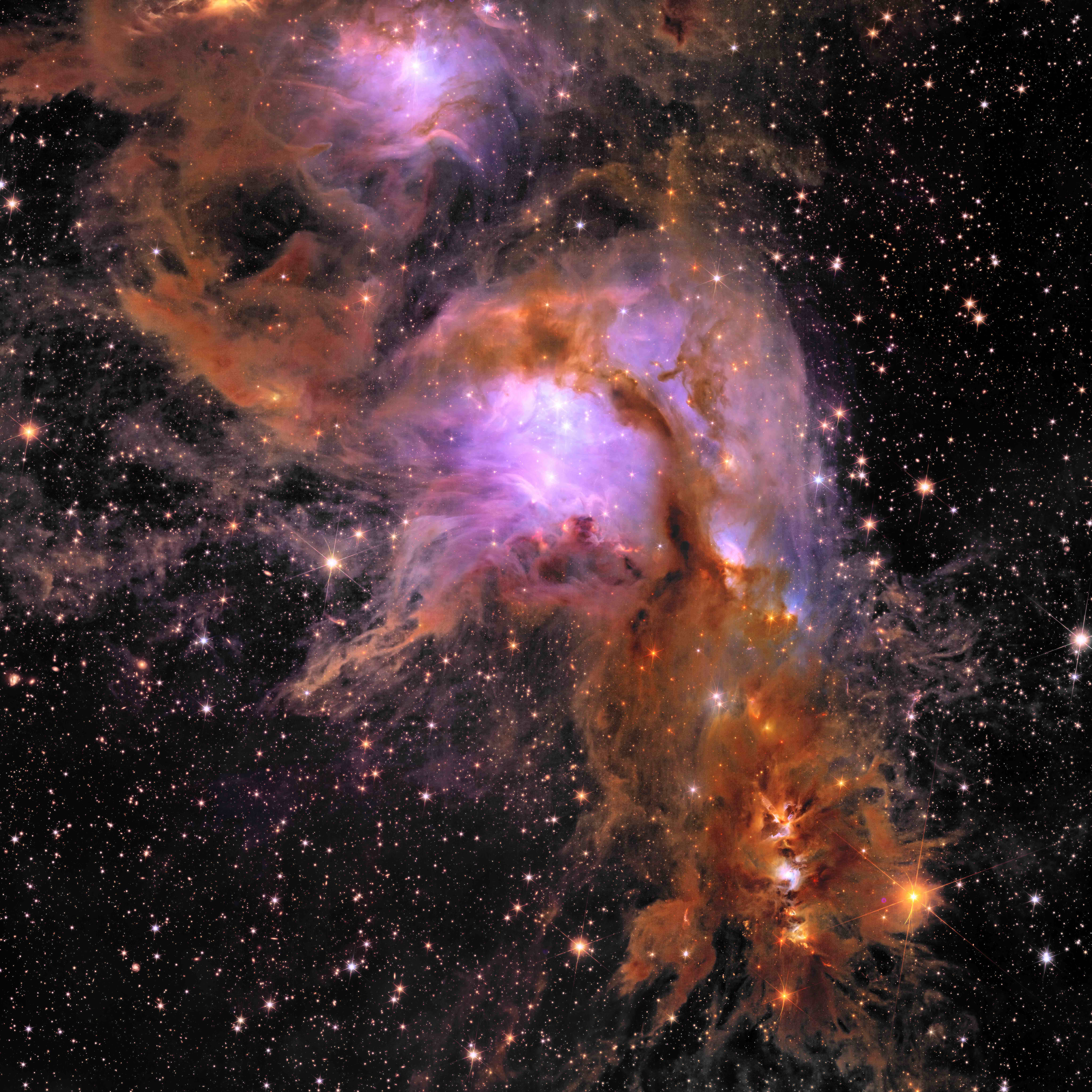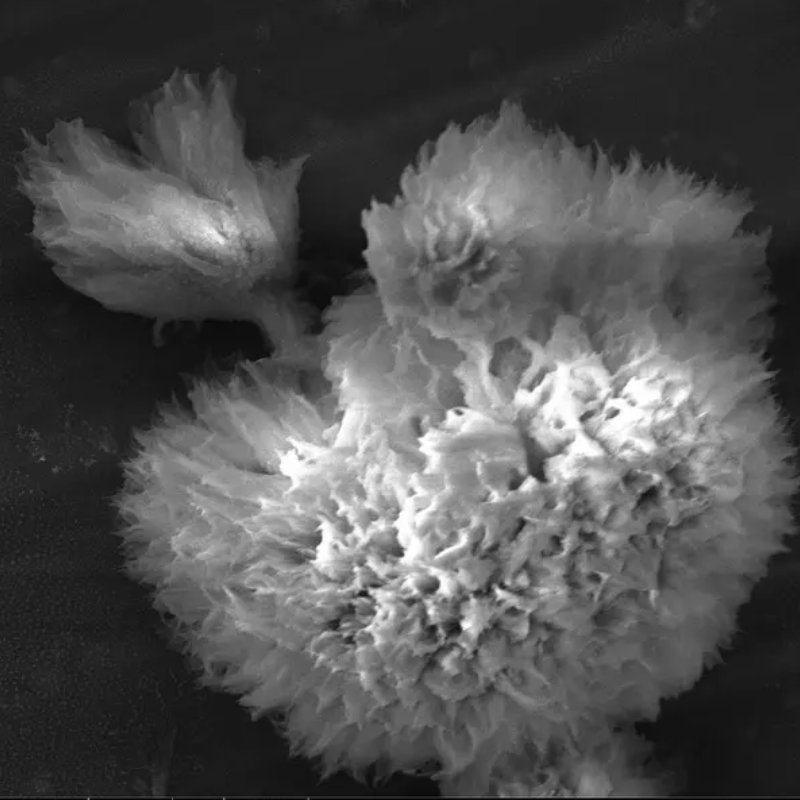Researchers in Finland have developed a model that they say enables computers to interpret and understand human emotions. The model could improve the interface between humans and smart technologies (including AI systems), making it more intuitive and responsive to user feelings.
The model could also be used by a computer in the future to predict that the user has feelings of happiness, boredom, irritation, rage, despair and anxiety, according to Jussi Jokinen, Associate Professor of Cognitive Science at the University of Jyväskylä in a statement. And It could also be integrated into AI systems.
Jokinen’s project uses mathematical psychology to solve the misalignment problem between intelligent computer systems and their users.
Next step: influence user emotions
The research is anchored in a theory postulating that emotions are generated when human cognition evaluates events from various perspectives.
Jokinen elaborates: “Consider a computer error during a critical task. This event is assessed by the user’s cognition as being counterproductive. An inexperienced user might react with anxiety and fear due to uncertainty about how to resolve the error, but an experienced user might feel irritated and annoyed at having to waste time resolving the issue. Our model predicts the user’s emotional response by simulating this cognitive evaluation process.”
Handling negative emotions
The next phase of this project will also explore potential applications of this emotional understanding. “With our model, a computer could preemptively predict user distress and attempt to mitigate negative emotions,” Jokinen suggests.
“This proactive approach could be utilized in various settings, from office environments to social media platforms, improving user experience by sensitively managing emotional dynamics … a glimpse into a future where computers are empathetic partners in user interaction.”
Citation: Jiayi Eurus Zhang, Bernhard Hilpert, Joost Broekens, Jussi P. P. Jokinen. 11 May 2024. Simulating Emotions With an Integrated Computational Model of Appraisal and Reinforcement Learning. CHI ’24: Proceedings of the CHI Conference on Human Factors in Computing Systems. May 2024. Article No.: 703Pages 1–12. https://doi.org/10.1145/3613904.3641908 (open access)
Let us know your thoughts! Sign up for a Mindplex account now, join our Telegram, or follow us on Twitter.


.png)

.png)


.png)









